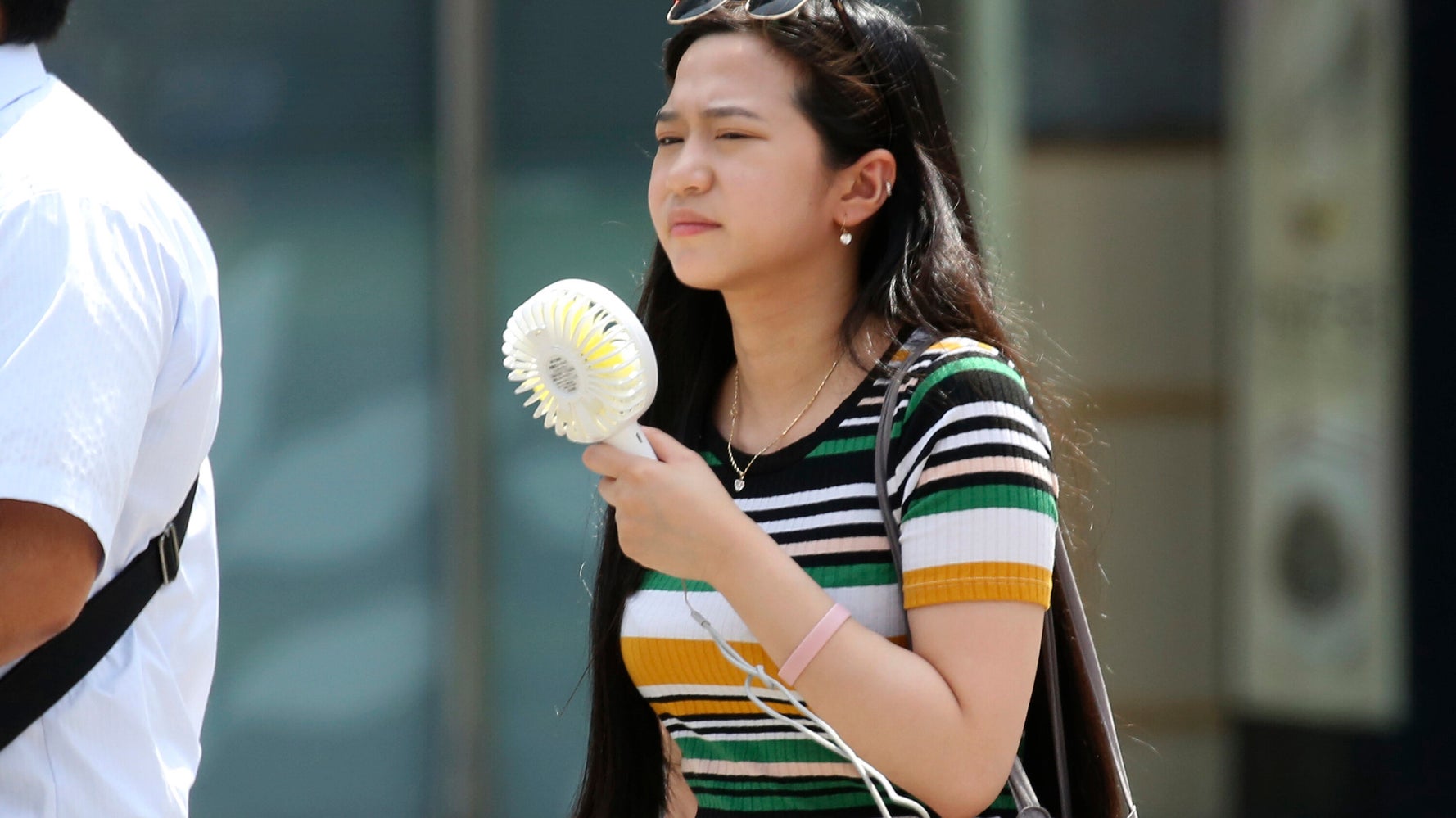The UK is heading for its second heatwave of the summer, and we’re only one month in. The Met Office advises: “The hottest day of the current spell is expected on Monday, with temperatures widely exceeding 30°C in central and eastern England, possibly reaching 34°C in London”.
But, before you rush out in sunnies and shorts, it might be a good idea to check your medicine cabinet: research has found that certain medications can have physiological effects on the body, causing the core body temperature to rise above 40°C. Other medications have been found to make people far more sensitive to heat.
Which medications can cause overheating?
According to the Mental Health Foundation: “One adult in eight receives mental health treatment, with 10.4% [of those] receiving medication and 3% receiving psychological therapy.
“The overlap within the statistics is due to 1.3% of those receiving treatment reporting receiving both medication and psychological therapy.”
Mental health medications fall under a number of different categories including Serotonin Reuptake Inhibitors (SSRIs), Tricyclic Antidepressants (TCAs) Antipsychotic Drugs (ACDs), and beta blockers which are often used to treat anxiety and heart conditions.
All of these medications can cause heat intolerance.
Additionally, blood pressure medications can cause heat intolerance, too. According to Centers for Disease Control: “Certain combinations of medications, such as the combined use of angiotensin converting enzyme (ACE) inhibitor or an angiotensin II receptor blocker (ARB) with a diuretic, may significantly increase risk of harm from heat exposure.”
How to prevent and treat heat intolerance
To stay cool during hot weather, the NHS recommends: “Keep out of the heat if you can. If you have to go outside, stay in the shade especially between 11am and 3pm, wear sunscreen, a hat and light clothes, and avoid exercise or activity that makes you hotter.
“Cool yourself down. Have cold food and drinks, avoid alcohol, caffeine and hot drinks, and have a cool shower or put cool water on your skin or clothes.”
They also advise keeping windows closed during the day and opened at night once temperatures have dipped.
9 Cheap Ways To Keep Cool Without Air Conditioning This Summer
For somebody potentially experiencing heat exhaustion, the health service advises the following tips:
Move them to a cool placeRemove all unnecessary clothing like a jacket or socksGet them to drink a sports or rehydration drink, or cool waterCool their skin – spray or sponge them with cool water and fan them. Cold packs, wrapped in a cloth and put under the armpits or on the neck are good too
